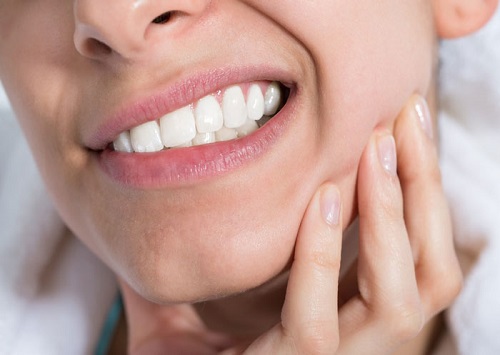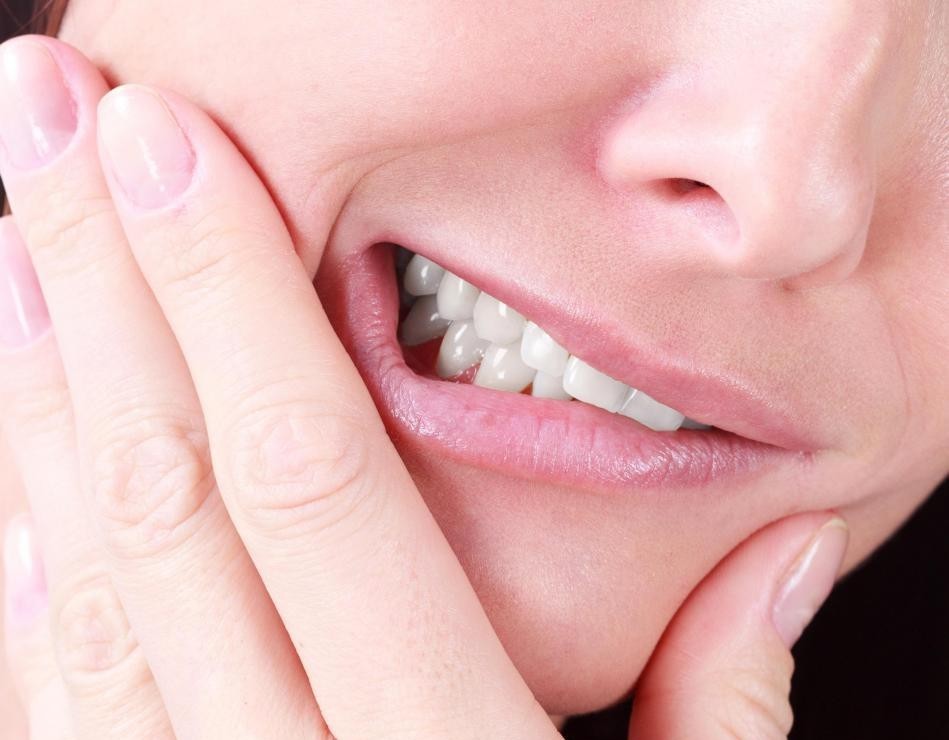Tooth infection swelling

Tooth infection occurs as a result of the accumulation of bacteria on the gums or its penetration on the gums and teeth, and sometimes it causes tooth abscess, among the symptoms of tooth infection, which can be the most common, is severe pain that sometimes causes swelling of the face. can be If you are looking for the treatment of your tooth abscess and want to know what you should do to treat your tooth root infection
Ways to prevent dental swelling
The most important thing to prevent tooth infection is to observe oral and dental hygiene, that is, you should regularly use a toothbrush and floss daily.
If the tooth infection is not treated and is large, it can also affect other dental tissues and cause swelling of the tooth, and this is when you go to the doctor with a tooth abscess and swelling of the face.
Therefore, in each of the dental treatments, hygiene is always one of the basic factors in the length of the treatment. In the same way, in dental and implant orthodontic treatment, the client"s hygiene has a great impact on the absence of tooth infection, and in the end, the person will expect a pleasant and problem-free result.
Causes of tooth swelling:
All of us may have swollen teeth or gums, which may have different causes. In the following, we will discuss the causes of swelling in the gums.
Poor hygiene
Certainly, when eating and chewing food, food will remain on the teeth, and if a person does not use a toothbrush or dental floss, food will remain between the teeth, and as a result, it will cause bacteria to form and lead to It will cause infection.
Excessive use of sugary substances
Excessive use of sugar and many sweets causes tooth decay and swelling of the teeth.
Having related diseases
Some people have a weak immune system, diseases such as diabetes can be one of the causes of tooth infection and inflammation.
What are the symptoms of tooth infection?
• Severe pain that spreads to other parts, including the ear or head.
• Swelling of part of your face or cheek
• Redness in your mouth or face
• Toothache that affects your eating.
• Abnormal taste sensation in the mouth
• A bump on your gum that may not even hurt.
• to have a fever
• Bad Breath
Treatment of tooth root infection (dental abscess treatment)
The first thing you should do to treat a tooth root infection is to rinse your mouth with water and salt. After that, visit the dentist immediately to diagnose the cause of your tooth infection and treat your tooth abscess. This infection may include any of the following:
• Gum abscess
• Periodontal abscess
• Periapical abscess
In this case, the doctor will prescribe an antibiotic for you, which should be taken for about 3 to 10 days according to the doctor"s opinion.
Antibiotics for tooth infection
Be careful, choosing the type of antibiotic and its dosage is the responsibility of your dentist and you should not take antibiotics arbitrarily. Because it can cause complications in your body. Most doctors prescribe Amoxiclav as an antibiotic to cure tooth infection. Be careful, this medicine is an antibiotic, not a pain reliever!
This question may arise for you, Amoxiclav or Cefixime is better? Of course, the final decision rests with the doctor, but according to the research conducted in recent years, the use of this medicine will not have a good effect on tooth root infection.
Turmeric for tooth infection
Because turmeric contains antioxidants, it can destroy bacteria that cause infection. You need a quarter of a teaspoon and a little water. Mix these two ingredients together and apply the resulting paste on the infected area. And for faster treatment, repeat this process twice a day.
Infection of denervated tooth
Normally, a tooth that has been denervated should not get infected, in this case bacteria has been able to penetrate into the tooth and in fact the tooth has not been filled well and this space remains, the reason why dentists after performing denervation and filling It"s the same issue with tooth extraction and veneers. Of course, it is still possible to restore a tooth that has been denervated and re-infected, provided that the root of the tooth is not cracked or damaged.
Wisdom tooth infection
The wisdom tooth is the last tooth that usually grows between the ages of 17 and 25, and unfortunately, in most cases, the space in the mouth is not enough for the wisdom tooth to grow, so it does not grow properly, for example, it cannot be deviated, and this causes the accumulation of substances. food and bacteria in the space between your gums and teeth, and this also causes the infection of your wisdom teeth, and these reasons may even cause an abscess in your mouth.
In such cases, the doctor tries to eliminate the infection caused by it in the first stage and usually pulls this tooth. But there is no need to worry about this and be sure that it will not cause problems in your mouth and teeth.



